Toronto Murder Lawyers
First degree murder, second degree murder, manslaughter
We understand how false murder allegations occur. As trial and appeal lawyers, we regularly defend murder trials as well as murder appeals throughout Toronto, Ontario and Atlantic Canada. As academic scholars and professors, we have focused our graduate studies and teaching on wrongful convictions and homicide prosecutions. This unique perspective allows us to advance creative and cutting-edge strategies in the defence of murder charges or the appeal of murder convictions. With offices in Toronto and Saint John, we have defended murder charges from Niagara Falls, Ontario to Halifax, Nova Scotia. Contact us to book an appointment, or continue reading to learn more about our recent cases, our practice, and our team.
(416) 410-4814 | (506) 800-2036 | Info@gvlaw.ca
Recent Murder Trials and Appeals
-
Murder, Reduced and Stayed (2024)
The defendant was charged with first degree murder following a botched robbery in a school parking lot. Toronto murder lawyer, Nathan Gorham, negotiated the reduction of the charge to manslaughter and then a stay of the charges completely.

-
Murder Appeal Allowed (2023)
On December 6, 2023, the Ontario Court of Appeal ordered a new trial. Toronto murder lawyers, Nathan Gorham and Breana Vandebeek, argued on appeal that the trial judge erred during his instructions to the jury
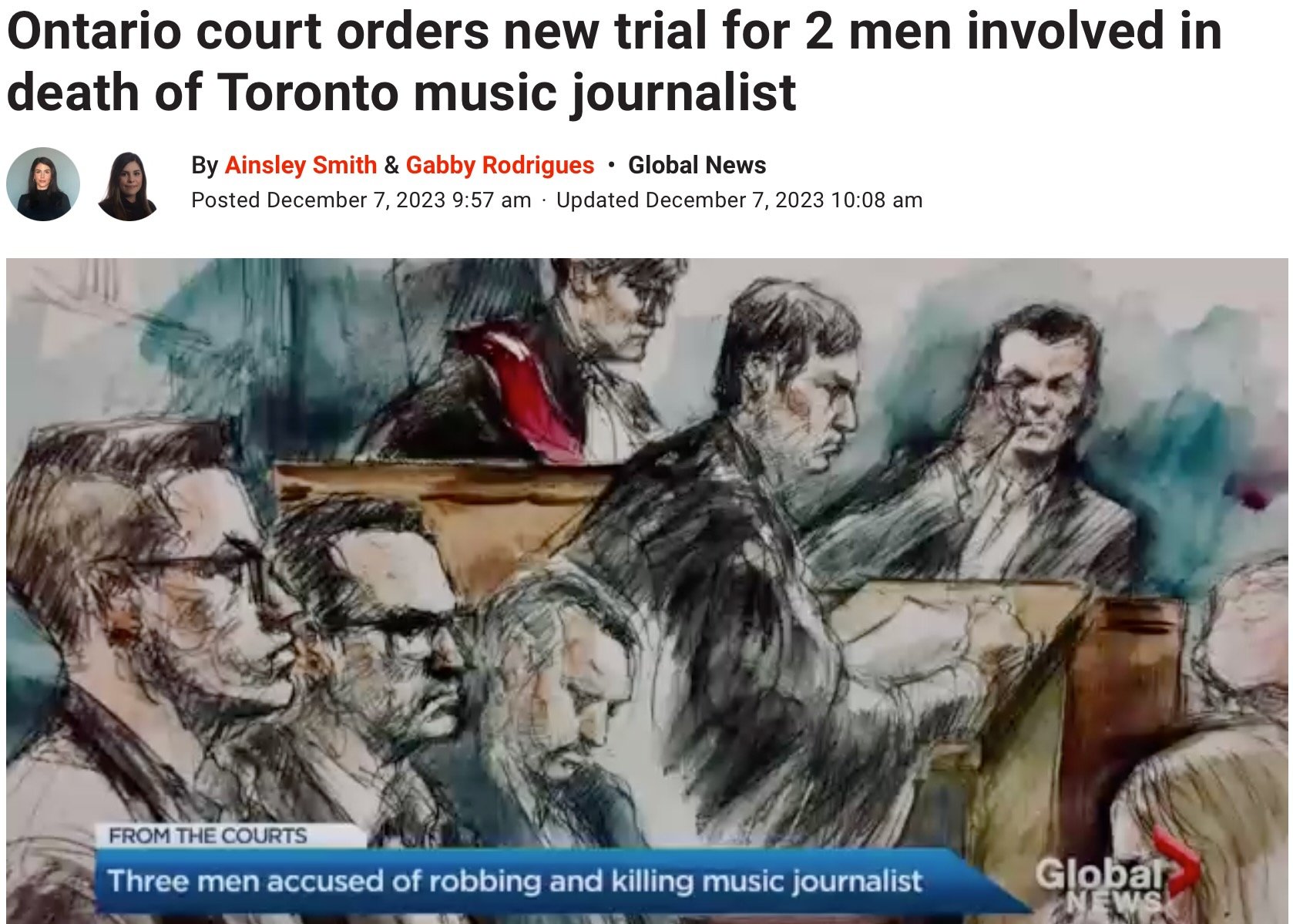
-
Not Guilty, Murder (2023)
Toronto murder lawyers, Nathan Gorham and Breana Vandebeek, challenged the Crown witnesses at trial. On May 2, 2023, the Crown agreed that the murder charge should be dismissed in exchange for a plea to manslaughter.

-
Manslaughter Stayed (2023)
The defendant was charged and convicted of manslaughter with another lawyer. After the appeal was allowed, he retained Gorham Vandebeek. On April 5, 2023, during cross-examination of the forensic pathologist , the prosecution stayed the charge.

-
Murder, Dismissed (2023)
The defendant was charged with second degree murder in relation to a beating. On August 22, 2023, Toronto murder lawyer, Nathan Gorham,, negotiated the dismissal of the murder charge on a plea to manslaughter, with a 8 year sentence less pre-trial credit.
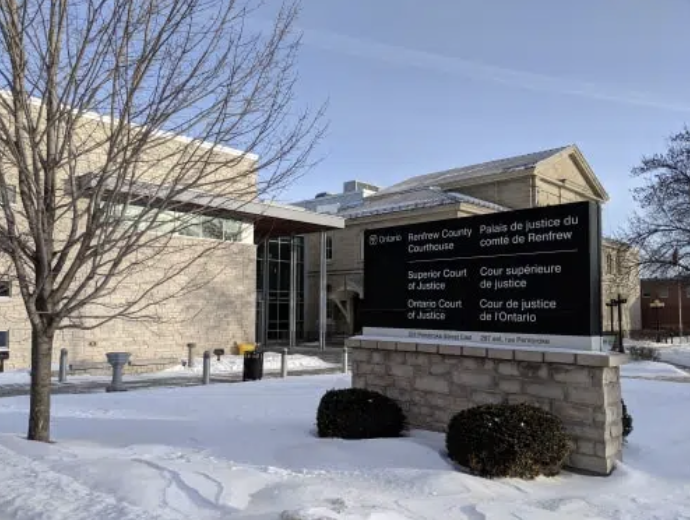
-
Not Guilty, Murder (2023)
On March 16, 2023, on Oshawa jury returned a verdict of not guilty of first degree murder but guilty of manslaughter. Toronto murder lawyers, Nathan Gorham and Breana Vandebeek, later secured a sentence of time served (appx 4 years).

-
Released, After Murder Appeal (2023)
On March 22, 2023, the defendant was released from custody following a successful murder appeal. Toronto appeal lawyer, Breana Vandebeek, had argued that the trial judge misdirected the jury on the partial murder defence of provocation.
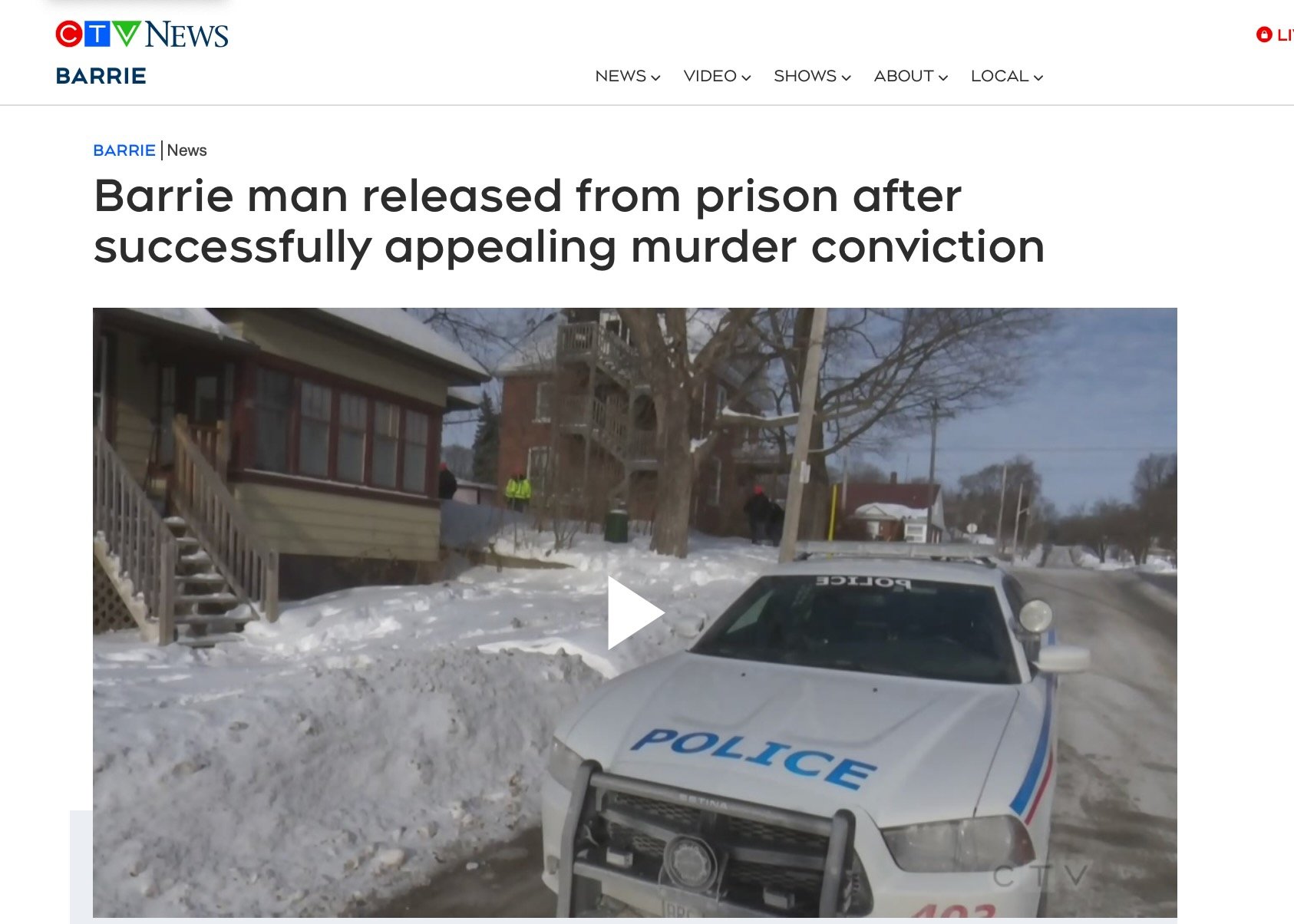
-
Acquitted, Murder (2021)
The defendant was charged with murder following a shooting outside of a nightclub. Toronto criminal lawyer, Nathan Gorham, challenged the Crown's main witness in cross-examination. On September 2, 2021, the trial judge entered an acquittal.

-
Acquitted Murder (2021)
On November 27, 2021, a Toronto jury acquitted the defendant of all charges. Toronto criminal lawyers Nathan Gorham and Breana Vandebeek had argued that it was not their client who stabbed the deceased.
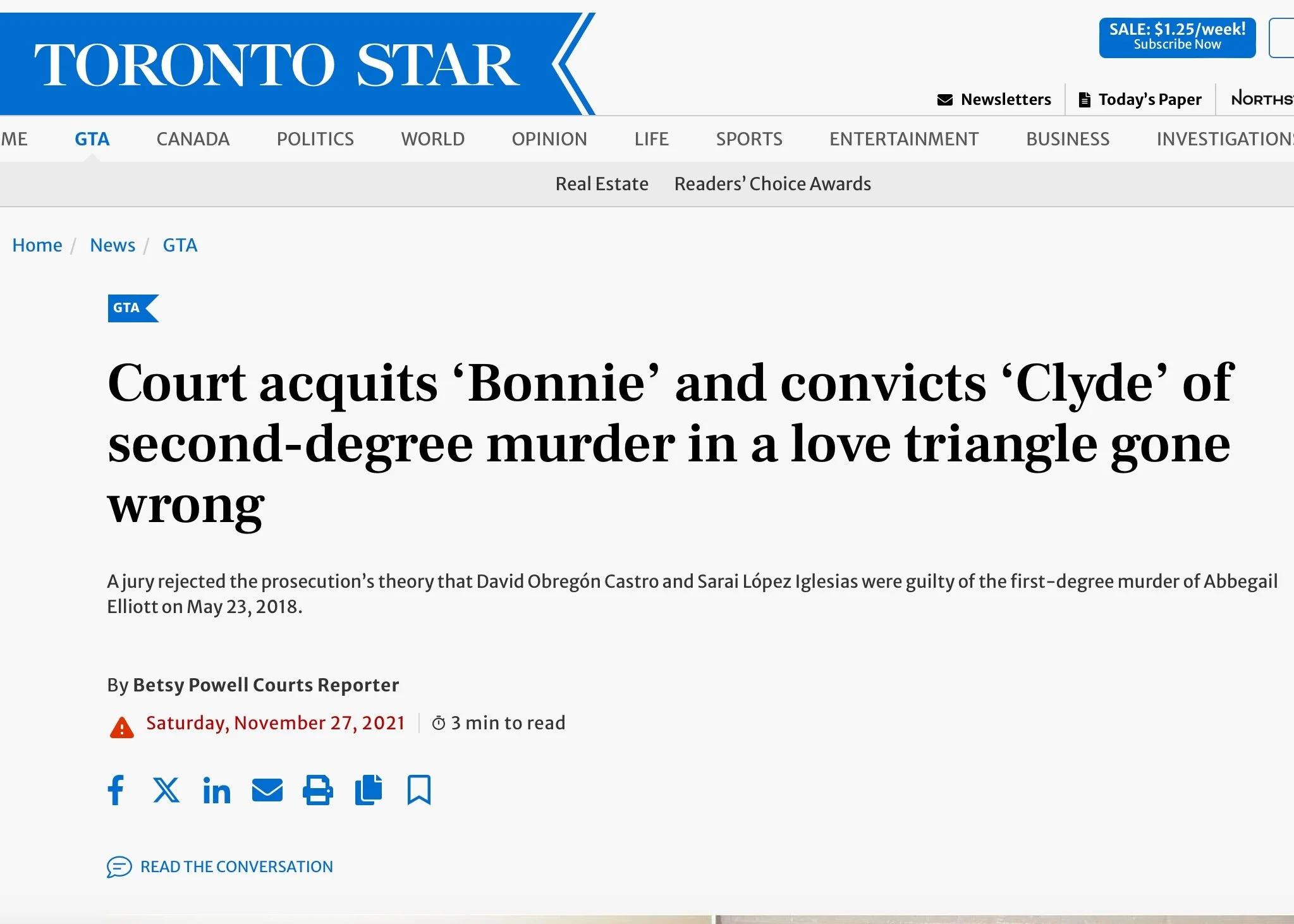
-
Manslaughter Stayed (2021)
On April 1, 2021, Fredericton, New Brunswick prosecutors stayed the manslaughter charge. Toronto criminal lawyer, Nathan Gorham, had challenged prosecution doctors in cross-examination, demonstrating that the death could have been an accident.
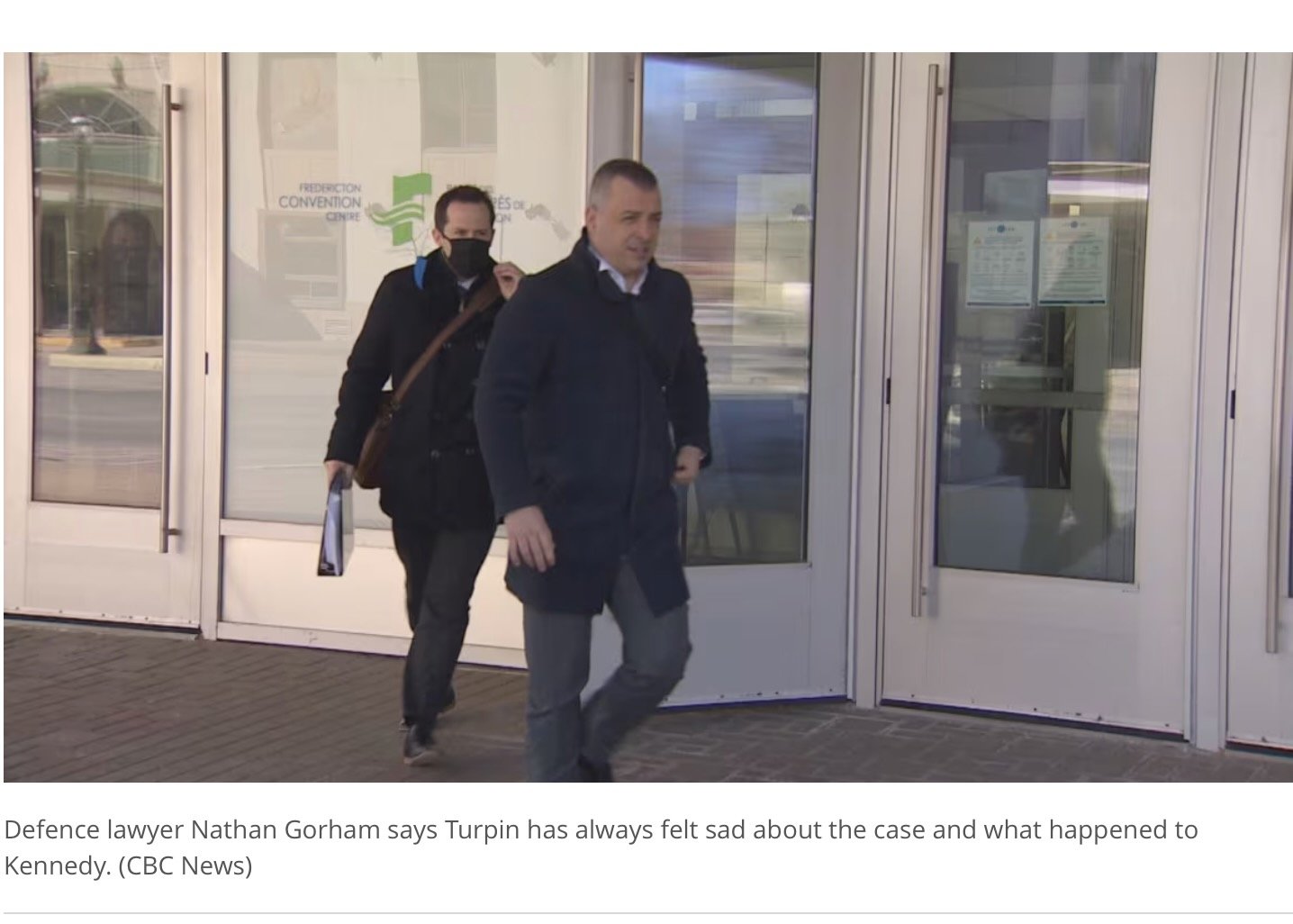
-
Not Guilty, Murder (2021)
In August 2021, a Toronto court acquitted the defendant of murder but found him found him guilty of manslaughter. Toronto criminal lawyers Nathan Gorham and Breana Vandebeek successfully argued the prosecution failed to prove the intent for murder.
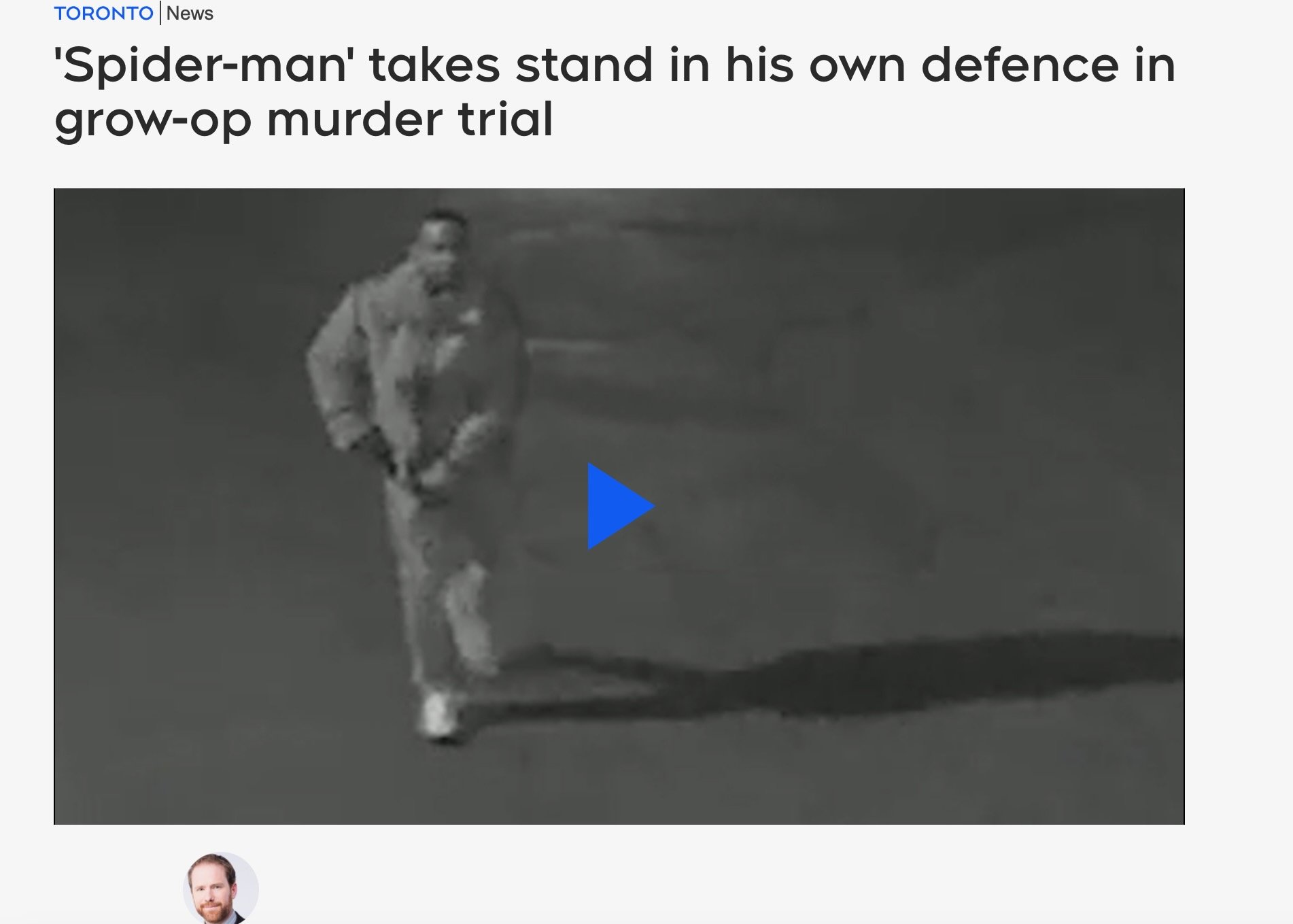
-
Not Responsible, Murder (2020)
Toronto criminal lawyers, Nathan Gorham and Breana Vandebeek, defended 4 counts of first-degree murder. On November 22, 2020, the Fredericton, New Brunswick jury found the defendant not criminally responsible.

Frequently asked questions
What is the penalty for murder?
The sentence for Murder is life in prison. Many people mistakenly believe that life means 25 years. Actually, “life” means “life”. Someone convicted of Second Degree Murder is eligible for parole after 10 and 25 years. In the case of First Degree Murder parole eligibility is after 25 years. The maximum sentence for Manslaughter is life in prison but there is no mandatory minimum sentence. The same holds true for Attempted Murder.
What does second degree murder mean?
Culpable murder occurs when a person causes the death of a human being when they either meant to cause the death, OR where they meant to cause bodily harm that they knew was likely to cause death and were reckless to whether or not death would occur. In that case the person is guilty of at least Second Degree Murder (see the definition of First Degree Murder below).
A person may be guilty of murder either as a principal (primary actor) or as a party (secondary actor). A party or secondary actor to murder is someone who helped or encouraged the primary actor to commit the murder, or someone who decided to commit a criminal offence knowing that the primary actor would likely murder someone.
In every murder case involving the “principal” or “primary actor” the Crown has to prove the essential elements of the offence beyond a reasonable doubt. The essential elements of murder are that: (a) death occurred; (b) the defendant caused the death; (c) the defendant intended to cause death or was reckless as to whether or not death would occur; and (d) the defendant is the person who committed the murder.
In every murder case involving the secondary actor providing help or encouragement the Crown must prove that: (a) a murder occurred; (b) the defendant knew that a murder was going to occur; (c) that the defendant helped or encouraged the murder to occur; and (d) that the defendant intended to help or encourage the murder to occur.
When the Crown alleges that the secondary actor is guilty of murder because a murder occurred in the course of another criminal offence, the Crown must prove that: (a) a murder occurred; (b) the defendant knowingly and willing engaged in a criminal offence; and (c) the defendant knew that death (murder) was a likely result of committing the initial criminal offence.
What does first degree murder mean?
A murder is first degree murder where it is planned and deliberate, a contracted murder, a murder of a police officer, a murder during hijacking, sexual assault or kidnapping, criminal harassment, terrorist activity or while using explosives in association with a criminal organization. All murder that is not First Degree Murder is Second Degree Murder.
What is attempted murder?
Attempted Murder occurs where a person commits an act that constitutes and “attempt” in law, and where the person intents to cause death (murder). “Attempt” in law means an act or omission that goes beyond mere preparation. The mental component for Attempted Murder is actually higher than Second Degree Murder. The Crown must prove that the defendant actually intended to cause death. Recklessness as to whether death will ensue is not enough to establish Attempted murder, unlike Second Degree Murder.
What is manslaughter?
There are several definitions of Manslaughter. Generally and simply, Manslaughter occurs where a person intentionally commits an unlawful act that causes death BUT did not mean to cause death or seriously bodily harm that they knew was likely to cause death. Manslaughter is an included offence of both First and Second Degree Murder. That means that in every First Degree Murder or Second Degree Murder prosecution the defendant could be found “not guilty” of the offence as charged but “guilty” of Manslaughter.
What defences apply to first degree murder, second degree murder, manslaughter, and attempted murder?
In a prosecution for First Degree Murder, Second Degree Murder, Attempted Murder or Manslaughter the Crown must prove each essential element beyond a reasonable doubt. Failure to do so will result in a verdict of “not guilty”. In that sense it is a defence to undermine the Crown’s proof relating to an essential element of First Degree Murder, Second Degree Murder, Attempted murder, or Manslaughter.
There are also several defences or excuses for First Degree Murder, Second Degree Murder, Attempted murder, and Manslaughter. They include: self defence, defence of another person, duress, necessity, mental disorder, provocation, entrapment, and non-insane automatism.
Can I get bail when charged with first degree murder or second degree murder?
In cases of First Degree Murder and Second Degree Murder a defendant must apply for bail in the Superior Court of Justice. Unlike other criminal offences, there is no right to a bail hearing in First Degree Murder and Second Degree Murder cases. A defendant does have a right to a bail hearing in an Attempted Murder or Manslaughter proceeding. The chances of obtaining bail in a First Degree Murder or Second Degree Murder case depend on the strength of the Crown’s case, the proposed sureties, and background of the defendant.
Can a trial for first degree murder or second degree murder proceed without a jury?
There is no right to a jury trial for First Degree Murder or Second Degree Murder, unless the Crown consents. In rare cases the Crown will consent. A defendant in an Attempted Murder or Manslaughter trial does have the right to a trial by judge alone if they chose

